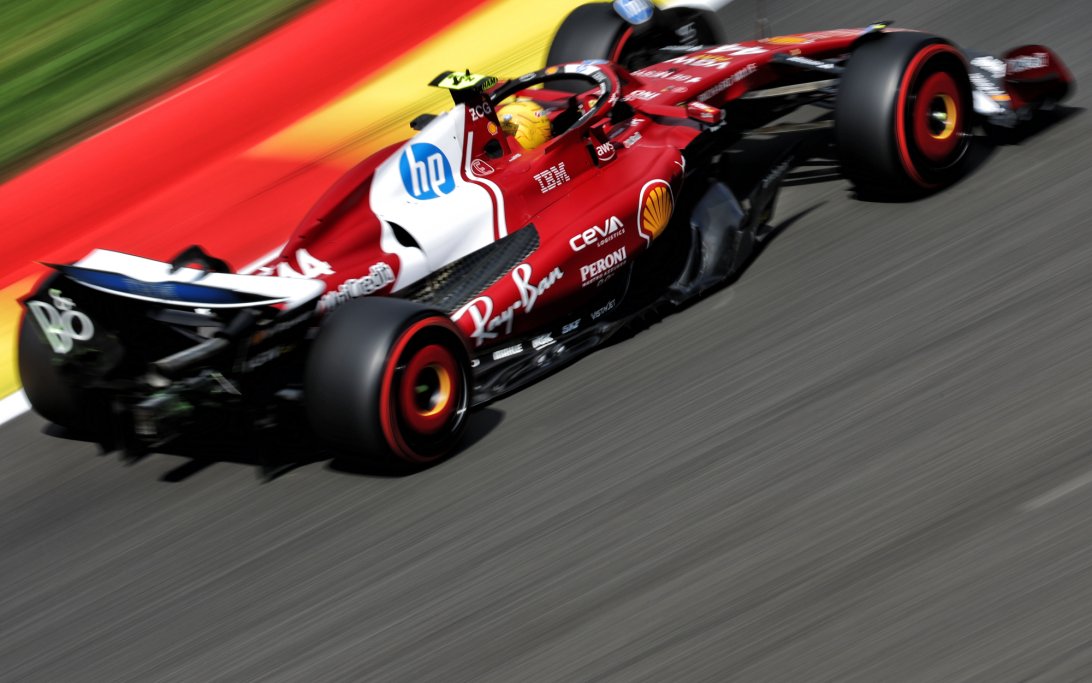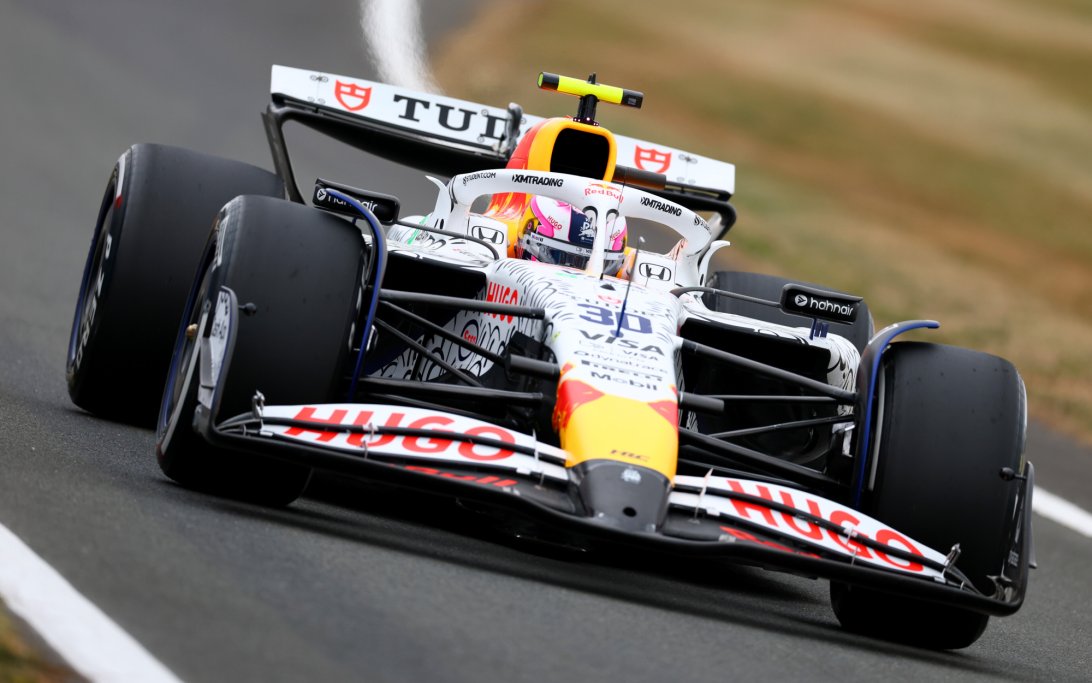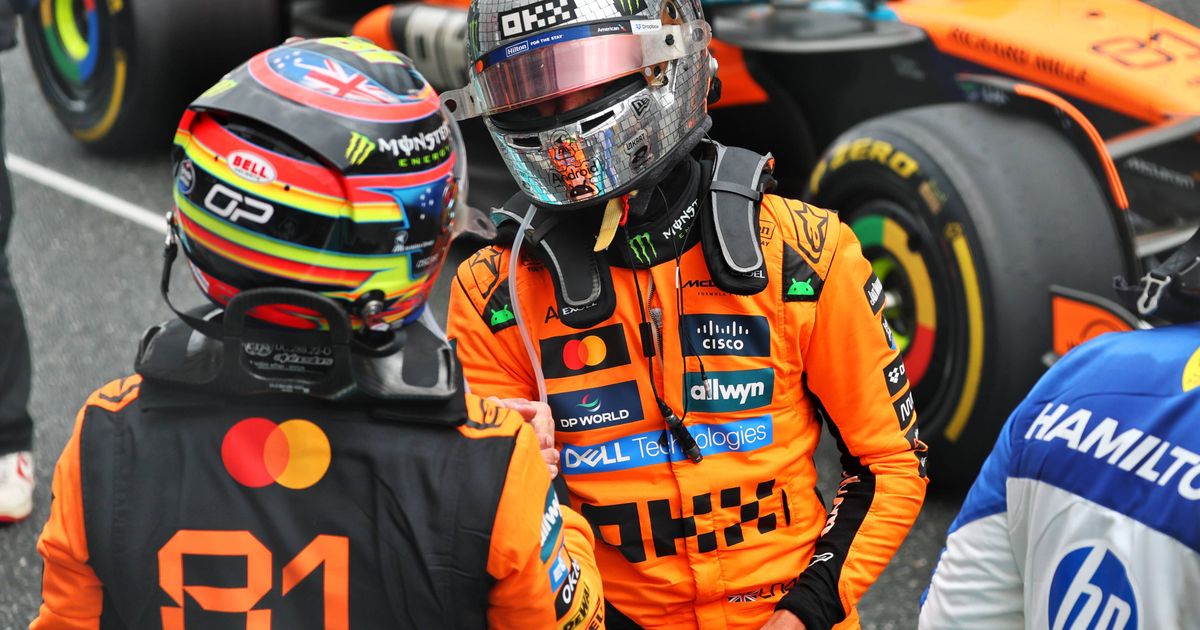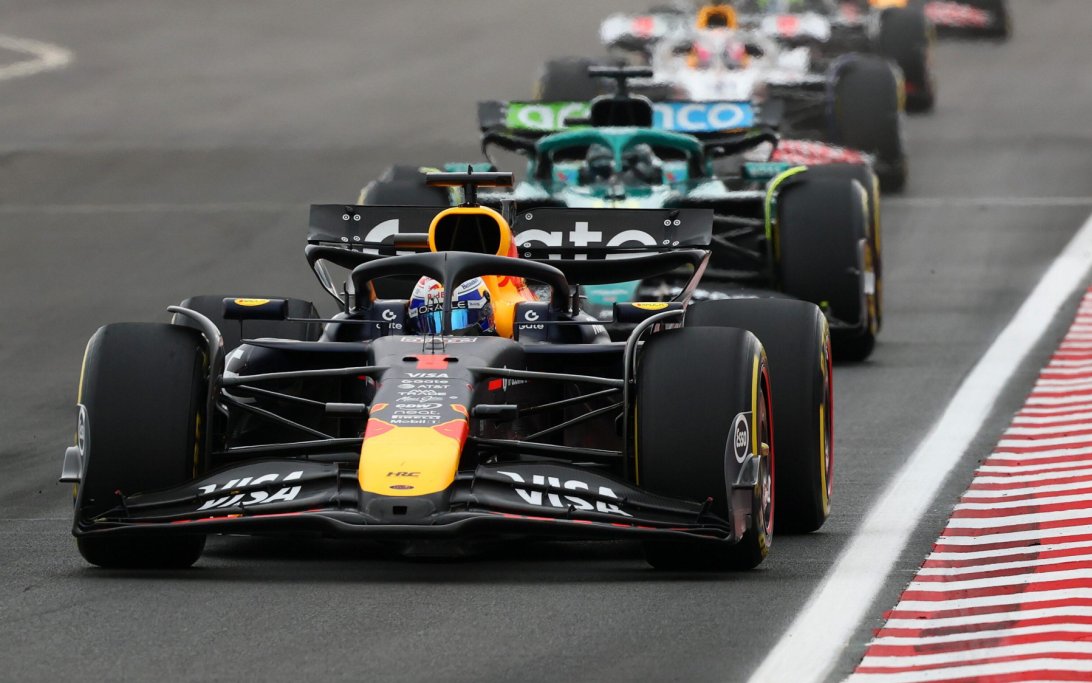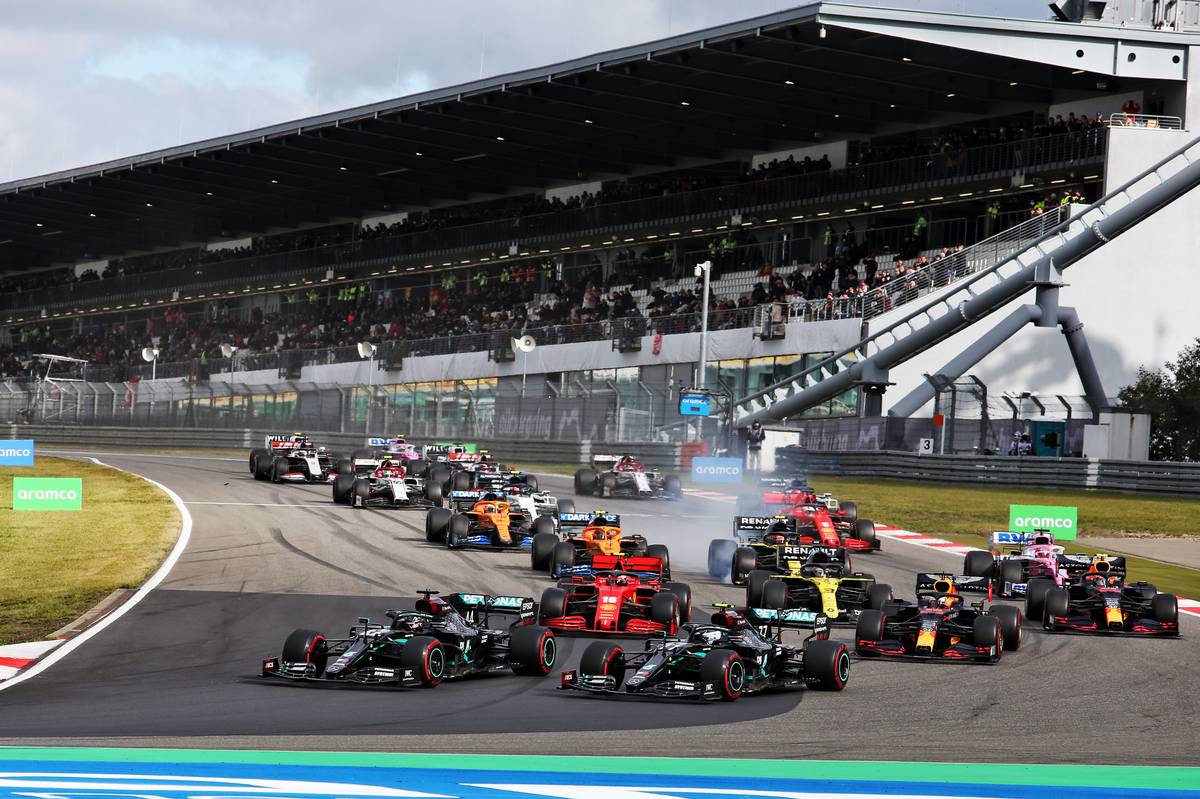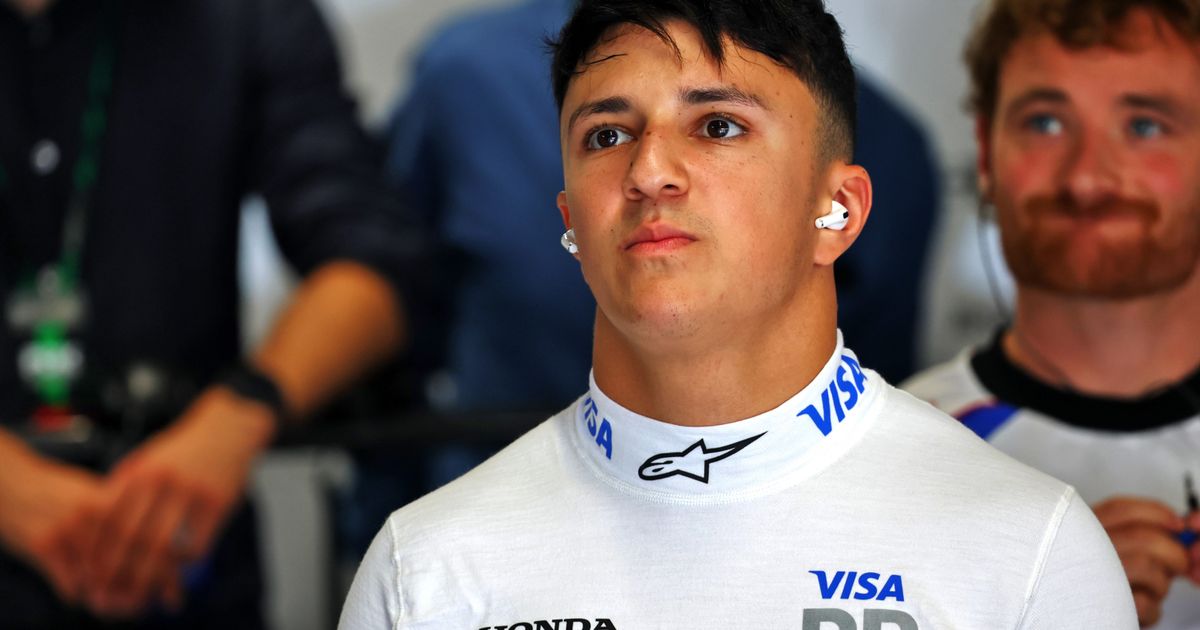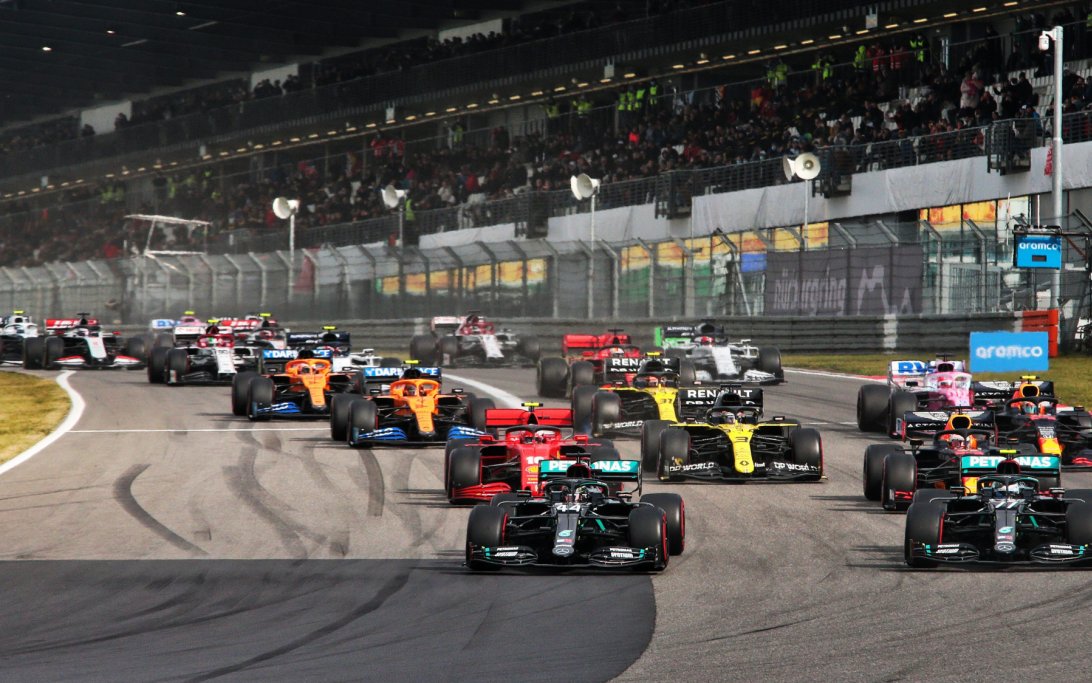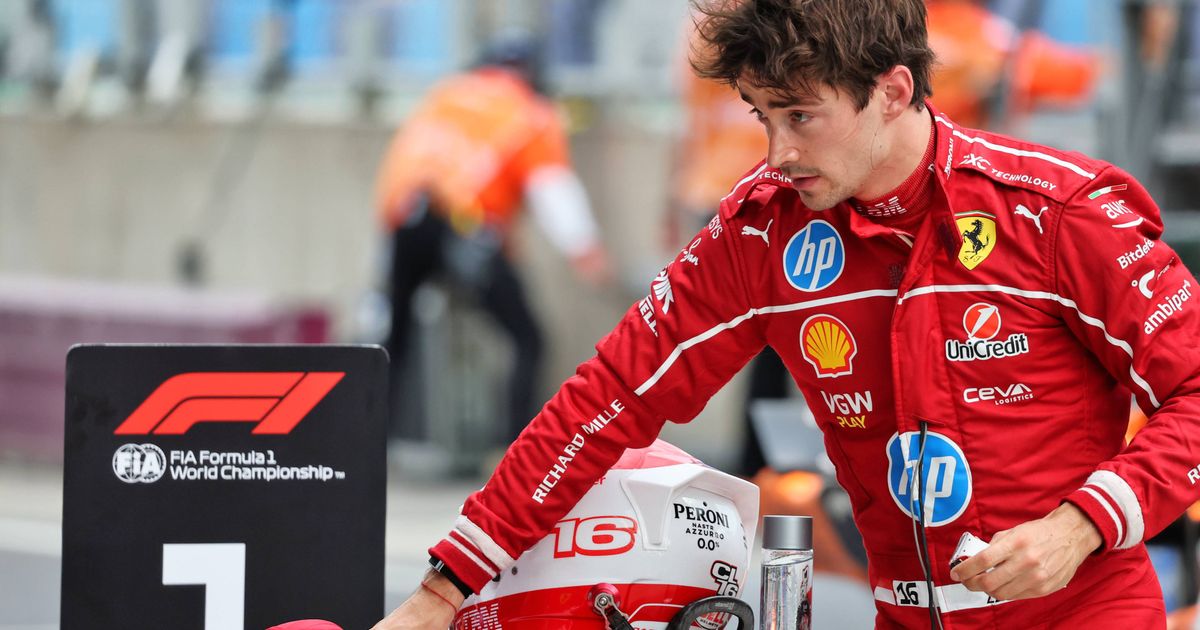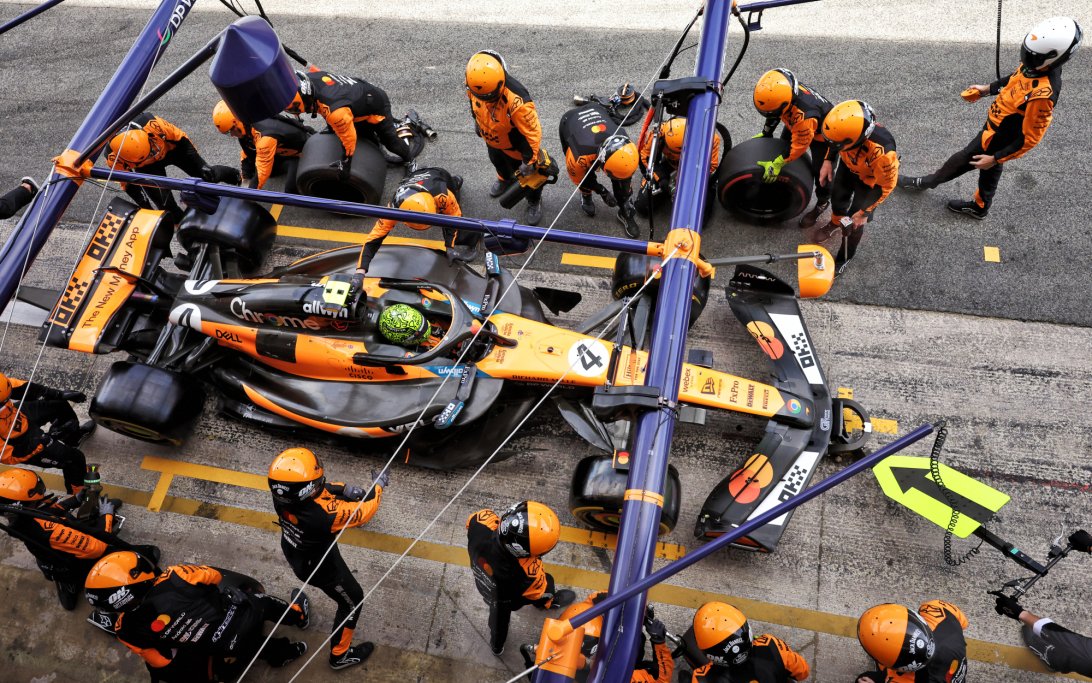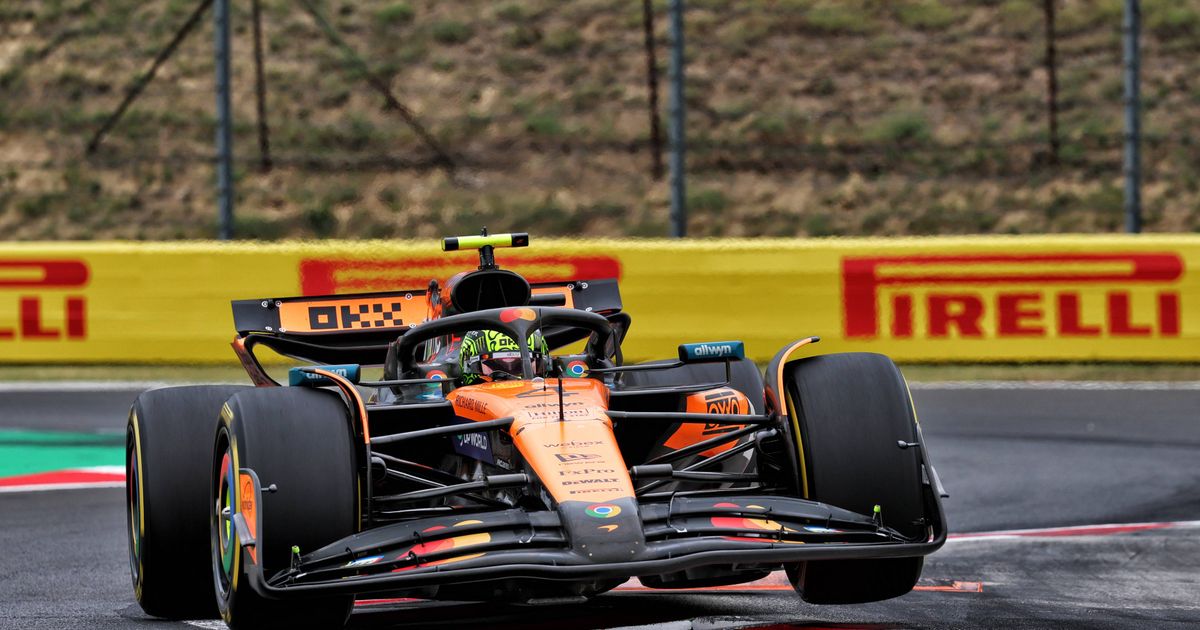Malaysia Rules Out Near-Term F1 Return Due to High Costs
Malaysia's Youth and Sports Minister, Hannah Yeoh, has indicated that Formula 1 is unlikely to return to the Sepang International Circuit in the foreseeable future. The primary reason cited is the prohibitive cost of hosting the event, which the government believes could be better allocated to other national priorities.
Why it matters
Hosting an F1 Grand Prix requires a significant financial commitment. For Malaysia, the annual fee to Liberty Media, F1's commercial rights holder, is estimated at around 300 million Ringgit (approximately $71.1 million). A typical contract spans three to five years, potentially committing the country to 1.5 billion Ringgit (about $360 million).
This funding level is more than double the amount needed for development programs benefiting over 10,000 Malaysian athletes, prompting the government to prioritize grassroots sports development over F1.
The details
- Government Stance: While acknowledging F1's prestige, Minister Yeoh emphasized that government funds would not be used for its return. She suggested that private entities interested in bringing F1 back could connect with the Sepang International Circuit (SIC).
- SIC's View: Azhan Shafriman Hanif, CEO of Sepang International Circuit, expressed regret over letting F1 go in 2017. He confirmed that current race fees are quoted at $70 million per event, excluding setup costs of 10-20 million Ringgit. Securing a return would be challenging due to high demand and costs.
- Last Malaysian GP: Malaysia last hosted F1 in 2017. Interest waned, and rising costs ultimately led to its removal from the calendar.
The big picture
F1's reliance on substantial government or major private funding makes it a challenging proposition for many potential host nations. Without direct government backing, bids are often seen as less viable. This is evident in past attempts, such as the 'chaotic' and 'without substance' South African effort.
What's next
With Malaysia unlikely to rejoin the calendar soon, other Asian nations are emerging as potential hosts. Thailand, for example, has an active project for a street race in Bangkok, with its government approving a significant budget. This Thai project is considered a strong candidate for a new F1 calendar slot, potentially targeting an inaugural event in 2028.
